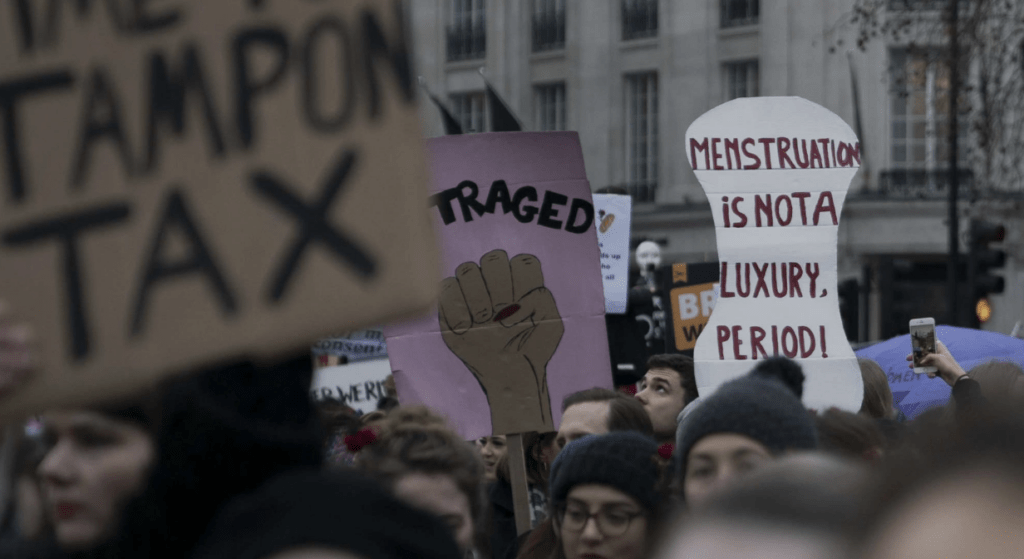Everyone must have a right to go on with their day without their period getting in the way
Despite being a wealthy continent, Europe struggles with a hidden problem: period poverty. Defined as the lack of access to sanitary products, menstrual hygiene education, and proper sanitation facilities, period poverty affects millions across Europe.

The Scale of Period Poverty
The European Parliament estimates that 1 in 10 people who menstruate in Europe experience period poverty. This translates to a significant portion of the population being forced to make difficult choices between buying essential hygiene products and other necessities like food. Studies suggest a concerning range of 22.2% to 39.9% of women in Spain have experienced period poverty in their lifetime. This translates to millions potentially struggling to afford or access essential menstrual products.
The Impact
Period poverty has far-reaching consequences. When girls and women cannot manage their periods hygienically, they face increased risk of infections, embarrassment, and even social exclusion. This can lead to absenteeism from school and work, impacting education and employment opportunities.
Taking Action
Countries across Europe are starting to address period poverty. Scotland became the first nation to make period products freely available in public places. Other countries are lowering the sales tax on menstrual hygiene products or implementing schemes to provide them in schools.
Challenges Remain
Despite these positive steps, significant challenges remain. Data on period poverty is scarce in many European countries, making it difficult to assess the true extent of the problem and design effective solutions. Additionally, the stigma surrounding menstruation continues to be a barrier.
The Way Forward
Eradicating period poverty requires a multi-pronged approach. Governments, NGOs, and civil society organizations need to work together to:
- Increase awareness: Open conversations about menstruation are crucial to break the stigma and normalize periods.
- Invest in research: Reliable data is essential to understand the specific needs of different regions and demographics.
- Implement sustainable solutions: Providing free or subsidized menstrual products, alongside education and proper sanitation facilities, is key.
- Reduce the financial burden: Lowering taxes on period products can make them more accessible.
The UK: Rising Awareness, Urgent Action an interview with 5 girls
The UK has seen a rise in period poverty, with reports suggesting a jump to 21% struggling to afford products. This has led to missed school days, work absences, and limitations on daily life. While Scotland has led the way with free public access to products, and the UK government has eliminated the sales tax, challenges remain. The cost-of-living crisis has exacerbated. We spoke to a group of girls from different backgrounds in the UK and asked them about Period poverty. Listen to the podcast here. Lydia aged 21 from reading believes that its not advertised enough and its an issue she didn’t realise was prevalent in the uk. Immy aged 20 has family in here homeland who suffer from it and believes it is an awful issue that effects more women than we think.

The Road Forward in the UK
The UK can further tackle the issue by increasing funding for charities like Freedom 4 Girls and local programs, expanding product availability, and promoting education and advocacy efforts.
Conclusion
Period poverty is a real issue with significant consequences for the health, education, and well-being of millions in Europe. By working together and taking comprehensive action, European countries can ensure that everyone has the right to manage their periods with dignity and hygiene.
As women it is important to be confident about everything that makes you a woman click here… for more body positivity!
